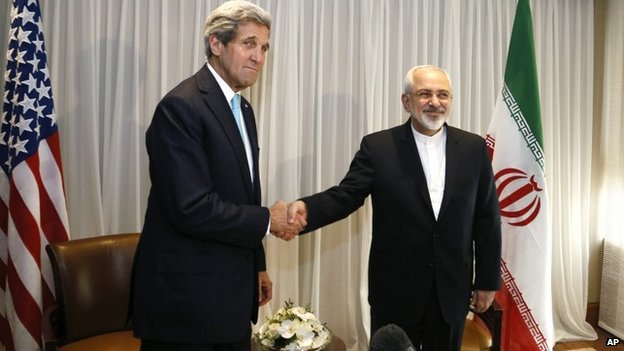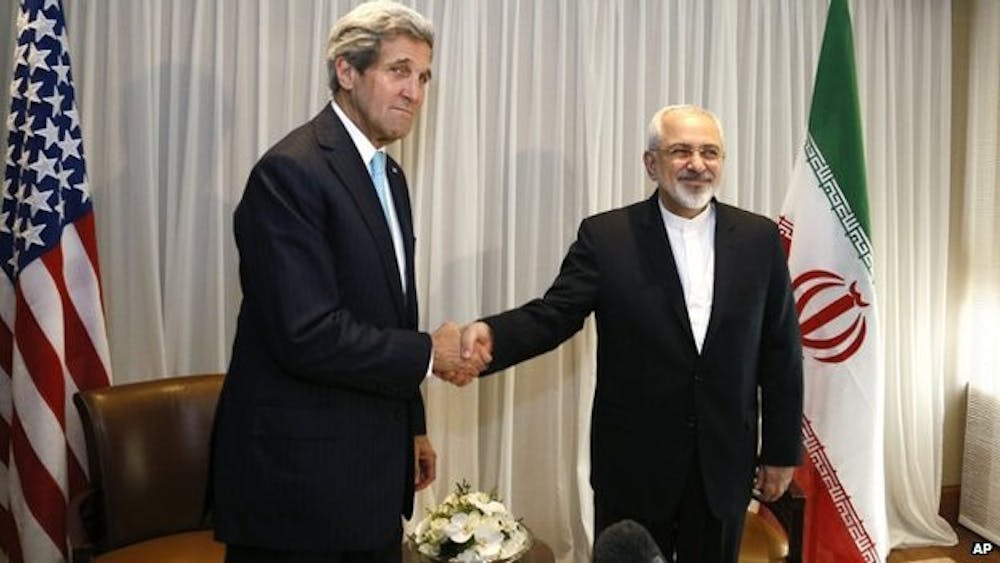By Olivia Rizzo
Web Editor
After more than a decade of negotiations and tensions, the U.S. and Iran could be close to a compromise on Iran’s access to nuclear activities. The announcement of progress came on Monday, Feb. 23, after another round of meetings with heads of state.
The deal that’s in progress would restrict Tehran’s nuclear activities for 10 years but then slowly ease up on restrictions, allowing certain programs to make atomic arms. Despite the nearly historic announcement, there is still a lot of work to be done and compromises to be made before any final plans are reached by the Tuesday, March 31 deadline. Additionally, continued backlash from both sides of the issue is anticipated, given that talks and debates over Iran’s nuclear program have been going on for decades. According to the Associated Press, Israeli Prime Minister Benjamin Netanyahu is expected to criticize the new proposal when he addresses Congress next week.
Others have a more optimistic view of the situation.

“We made progress,” U.S. Secretary of State John Kerry said as he left the negotiations on Monday. Iranian Foreign Minister Mohammad Javad Zarif commented that both sides were able to “find a understanding,” according to the Associated Press.
Western officials who have been dealing with talks also noted that the discussions are likened to a moving target. Anytime one area of the negotiation changes, it affects other aspects as well.
The key component of the compromise would reward Iran for good behavior during the last five years of the sanction, allowing constraints on uranium enrichment to be lifted gradually, while also slowly lifting economic sanctions.
An Irananian official stated that they do not want to use nuclear weapons but instead need uranium enrichment for energy sources and for medical and scientific purposes. Nonetheless, the U.S. has always feared that Iran’s programs could be re-engineered to produce the fissile core of a nuclear weapon, according to the Associated Press.
Originally, the U.S. sought to restrict Iran’s nuclear activities for 20 years, whereas Iran pushed for restrictions that would last for less than a decade. The compromise currently in the works seems to be somewhere in the middle of both time frames.
The current plan would place a strict 10 year control on Iran’s uranium enrichment. If Iran complies over the course of those 10 years, restrictions would slowly be lifted over the last five years.
Critics of this plan are concerned that, once the deal expires, Iran would be able to enrich as much uranium as they wanted without any limitations. According to the Associated Press, the proposed agreement would force Iran to ship out most of its enriched uranium or change it to a form that would be difficult to use for weapons.
However, even if both sides agree to an initial deal by March and a follow up phase in June, the argument will be met with harsh criticism from both Congress and Israel, both of which will contest a deal that fails to limit Iran’s nuclear weapons potential.







